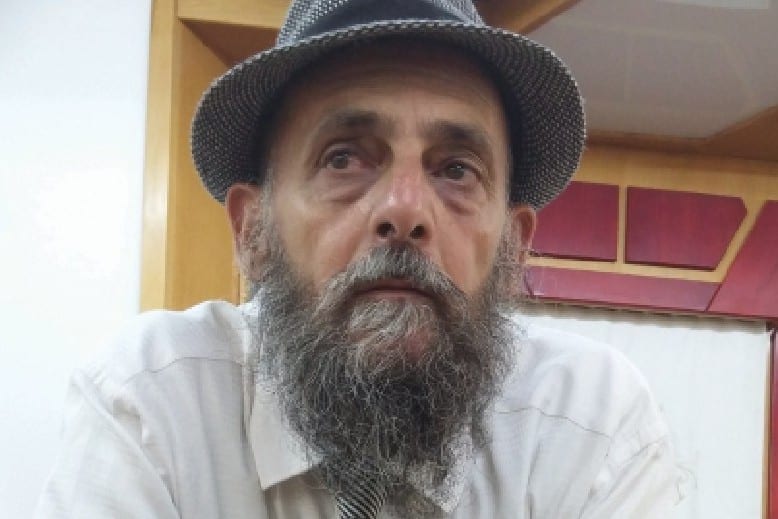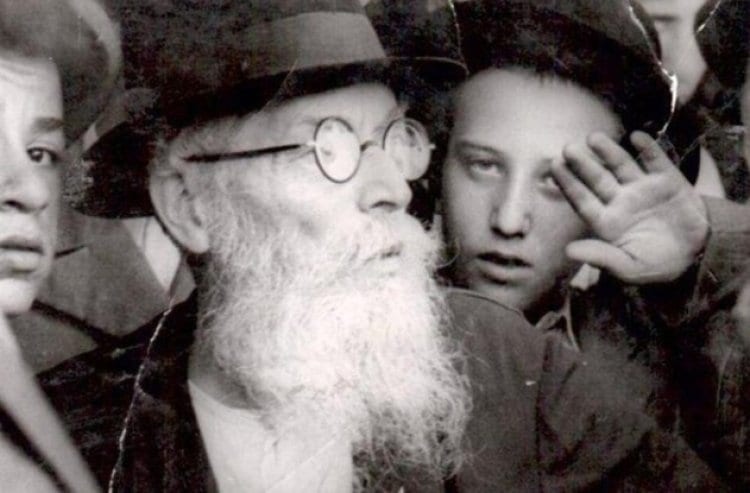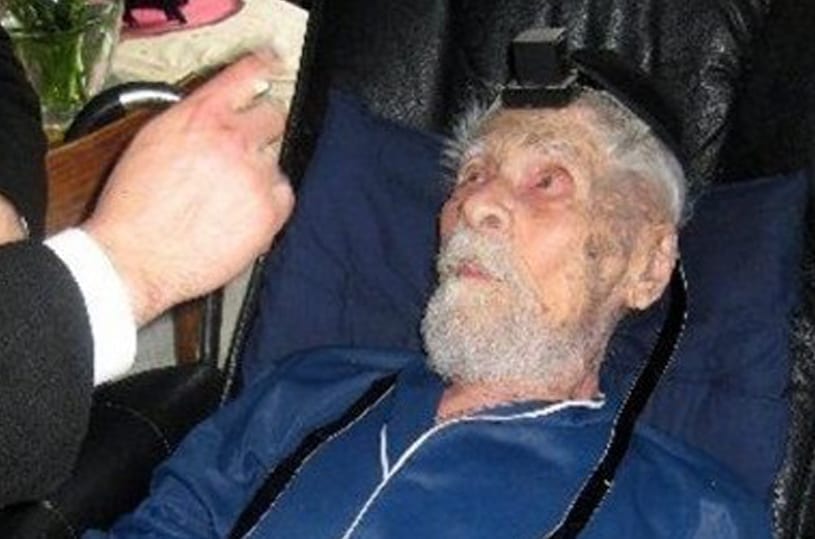By the time Baruch was two, his speech started to pick up a lot. He was starting to say more words, and was able to put them together. “Good,” I thought “he’s catching up.” As my son approached his third birthday, however, I started getting a lot of feedback that maybe something else needed to be evaluated. Grandparents, teachers and camp counselors started to notice that my son didn’t sit still for very long, didn’t seem to relate to his peers very much, and that his language still seemed to be lagging.
After the first full day of nursery, the teacher confirmed all of their suspicions. “He needs to be in a special preschool” she said “he doesn’t sit still, doesn’t play with the other kids, and just wanders around the room. If you leave him in this class, he’ll just fall between the cracks, and not get the help he needs.”
This past Friday night. I took Baruch and my baby daughter out for a walk to the synagogue, so they could hear the prayers. We stood outside the door, and as it opened, we heard the words of Psalms “Tov l’hodos lashem ul’hagid baboker chasdecha v’emunascha balaylos.” (It is good to thank G-d, and to relate Your kindness in the morning, and Your faith in the nights.)
I stood there a little bit, until the kids started to get restless. We walked out in front of the synagogue. For the third time, one of the little children in Baruch’s nursery class walked over to him and wished him a good Shabbos. For the third time, Baruch disregarded the child, and looked in a different direction. I felt like my heart was breaking. Here, these little children were looking to make friends with my son, and my son didn’t know how to let them in. I hurried away with my children, willing myself not to cry.
Suddenly, as if it were exploding from within me, the word “why” silently hurtled itself forth from my lips, crashing and echoing against the stillness of the night. “Why?” I thought. “Why me? Why my son? Why can’t he just be like the other children?” Almost as soon as I had formulated the thoughts, a new thought came to me. The words I had just heard. L’hagid baboker chasdecha v’emunascha balaylos. I remembered the lesson one of my teachers had taught. “How could it be” he asked “that we celebrate on Shabbos? Are we supposed to forget the suffering of the world, and all the hardship that people go through, and sit down with our kugel and cholent, as if nothing is wrong?”
He explained that on Shabbos we don’t forget about the bad that exists in the world. We just put it into perspective. We remember the there is a total picture, and a G-d who created and runs the world. Ultimately everything, even what seems bad to us, comes from Him. And ultimately, it is all for the good. When everything is going smoothly, when we can see clearly, as in the daytime, we speak of the kindness of G-d. But when things are dark and we don’t understand, then we turn to our faith. We recognize that everything comes from G-d and is meant for our good. With those words in mind, I felt comforted.
After Shabbat, I was reading some magazines which I had in the house. The last article that I read before I went to sleep was one about a school for people with special needs. The school created a choir, which helps these people communicate, and find happiness, despite very severe handicaps. The article spoke of a song which the choir performed, and ended with these words: L’hagid baboker chasdecha v’emunascha balaylos…





